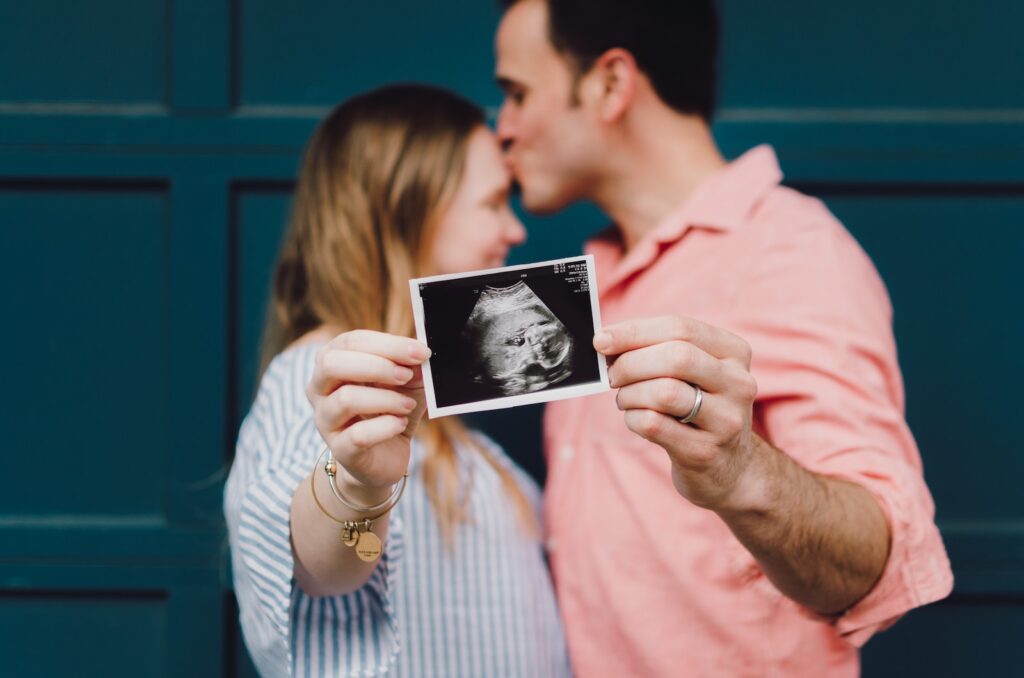Carrying a baby inside you is a great responsibility and we all know how much we sacrifice ourselves, our needs, and our comfort for that little angel before He/She is born. In addition, we also need to pay attention to what we eat in these nine months and how to take charge and control our taste buds for food which is harmful to us and our growing baby. Here is the checklist which includes foods to avoid during Pregnancy.
High Mercury Fish
Fishes can be a great source of protein. According to the US Food and Drug Administration eating fish in pregnancy can help in the cognitive development of your baby but there are certain fishes which are high in mercury content that you need to avoid in pregnancy and breastfeeding also these are
- Shark
- Swordfish
- King Mackerel
- Tilefish
- Tuna, Bigeye
- Orange Roughy
- Marlin
8 to 12 ounces of seafood (that has low mercury content) per week is recommended for pregnant and breastfeeding mothers.
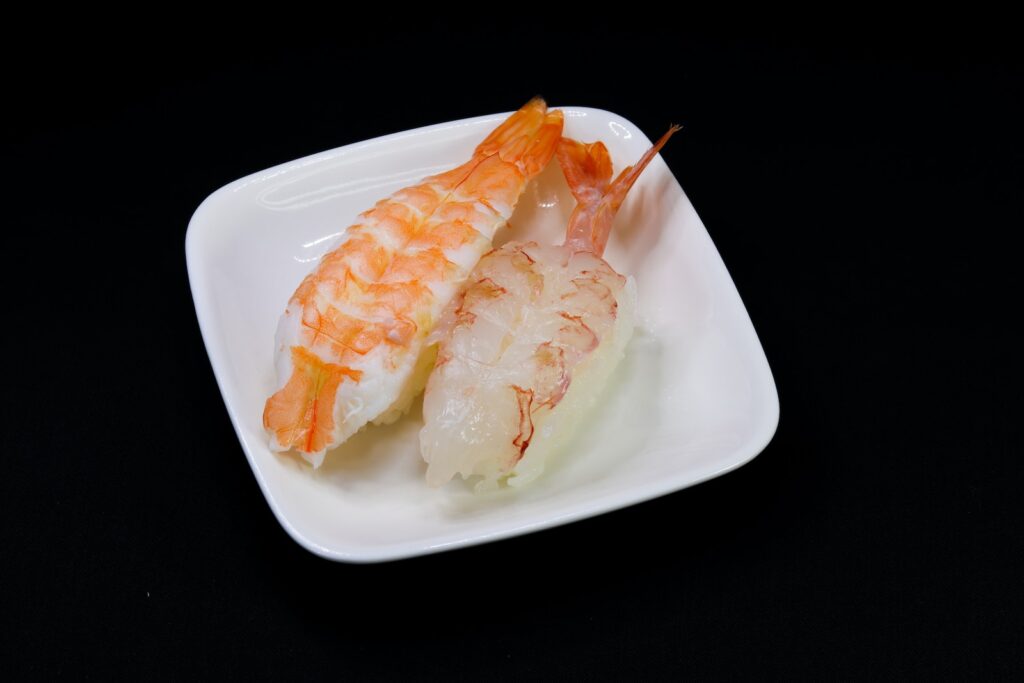
Raw Meat
avoid having undercooked meat as it may contain E. coli, Trichinella, Listeria, Salmonella and Toxoplasma and it can also cause food poisoning due to the presence of coliform bacteria in raw meat such as poultry, pork, sausages and burgers. you need to stay away from blood-red meat.
If you feel cravings for it try home-cooked varieties which are at a temperature of 160°F for ground meats, and 145°F for whole cuts.
A food thermometer should used to reach USDA’s recommended internal temperature. and proper handling of raw meats should be done before eating it to maintain proper hygiene.
Deli Meat
One of the primary concerns regarding deli meat is exposure to listeria which causes severe complications in pregnancy. In addition, deli meats also contain excess sodium content and high amounts of preservatives which are not good for pregnant ladies. Deli meats include sandwich meat, cold cuts, lunch meat, hotdogs, and sliced meat.
By maintaining safety measures and ensuring it is properly cooked, one can consume it occasionally.
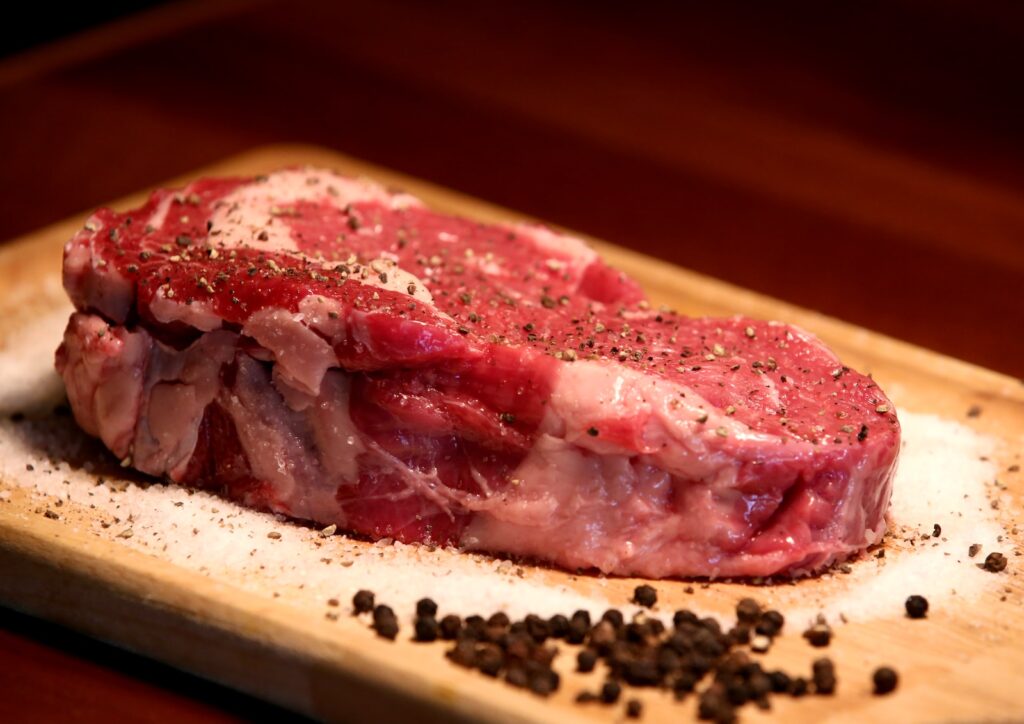
Raw Eggs
It is advised by doctors to avoid raw eggs as they can have harmful bacteria. cook until egg yolks and white are firm. don’t eat those products that contain raw eggs like mayonnaise, cake batter, mousses, homemade ice cream, and cookie dough.
Organ Meat
Organ meat, which includes the liver, heart, kidney, and brain, is a nutritional powerhouse that is crucial for expectant mothers since it is full of vital vitamins, proteins, and minerals. However, some organ meats, such as liver, contain vitamin A, which can be harmful to a developing foetus if taken in excess. Pregnant women are recommended by doctors to make healthy choices such as choosing foods like lean meats, seafood, legumes, nuts, and seeds to acquire vital nutrients. So the consumption of organ meats should be in moderation during pregnancy.
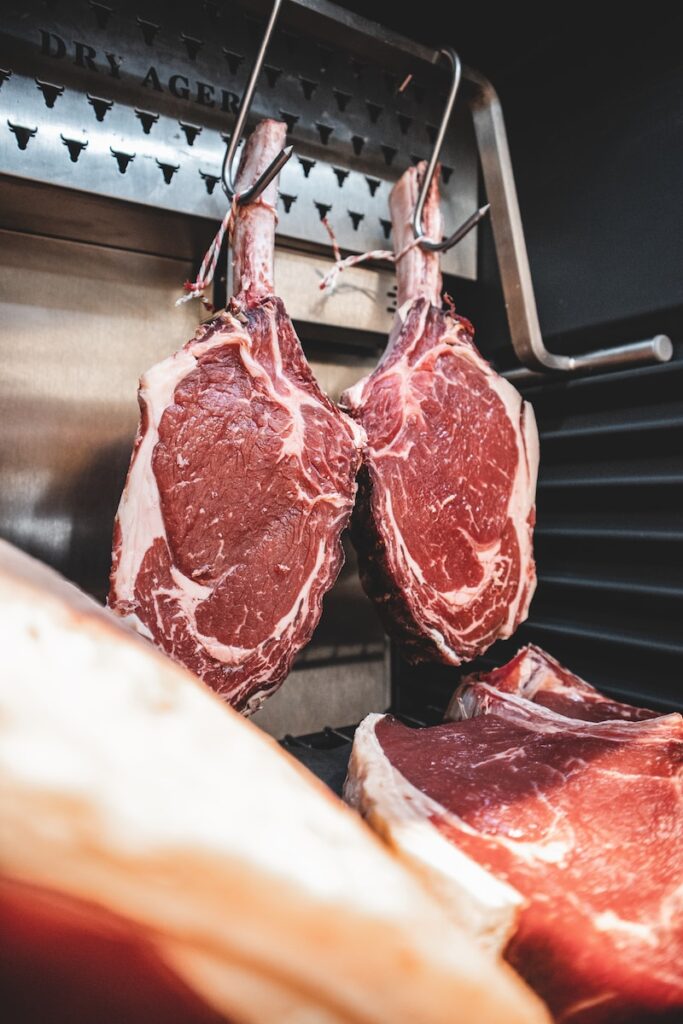
Raw Sprouts
Sprouts are renowned for having a rich nutrient profile that includes health-promoting vitamins, minerals, antioxidants, and enzymes. They are especially high in fibre, antioxidants, and vitamins C and K, all of which are necessary during pregnancy. Consuming raw sprouts carry a risk of contamination with bacteria Salmonella, and E.coli. Bacteria can enter seed before sprouts begin to grow. Healthcare professionals advise pregnant women to eat thoroughly cooked sprouts instead of raw. Raw sprouts include alfalfa, clover and radish, moong bean
Papaya
Papaya is rich in vitamins A, C, E, Folate, and Potassium. However unripe papaya contains a high amount of Papain, an enzyme which is responsible for uterine contractions. It can cause miscarriage in your first trimester and premature labour. Opting for fully ripened and in moderate amounts of papaya can decrease the risk.
Also Read : 10 Tips For a Normal Delivery
Unpasteurized Dairy Products
Pregnant women are most susceptible to infections and food-borne diseases caused by Listeria, and E. coli, Salmonella which are present in unpasteurized milk and other dairy products, so it’s better to use pasteurized milk products as during pasteurization milk is subjected to high temperature that kills disease-causing microbes.
Raw shellfish
Shellfish are rich in proteins, omega-3 fatty acids, iron and vitamins. However raw shellfish can carry harmful bacteria like Vibrio, norovirus, and other pathogens causing illnesses. Washing and marinating shellfish does not guarantee their safety from bacterial contamination. Healthcare Providers advise pregnant women to consume fully cooked shellfish (cook them with their shells open) as the risk will be low of contamination.
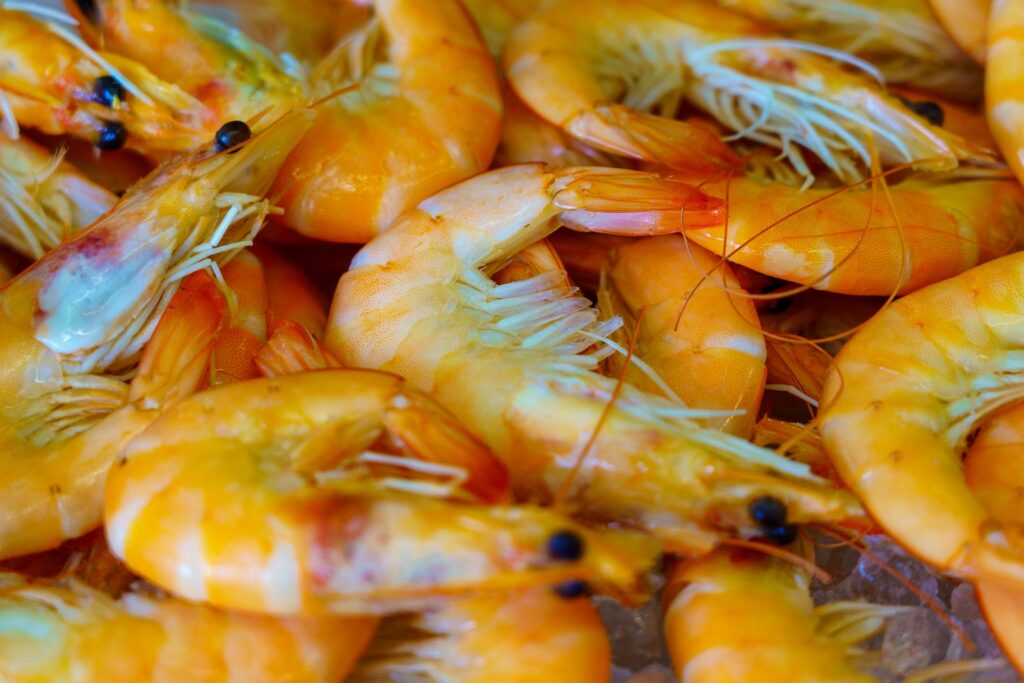
Soft Cheeses
Soft cheese is another food to avoid during pregnancy is a great source of calcium, vitamins, minerals, and proteins, good for foetal development and maternal health. But certain soft cheese may contain Listeria monocytogenes which cause Listeriosis. High moisture soft cheese contains high risk as they made from unpasteurized milk such as
- Brie
- Camembert
- Feta
- Blue-Veined Cheeses
Ajinomoto
Scientifically called Monosodium Glutamate (MSG) is a flavour enhancer used in cooking. It can cause allergic reactions in some pregnant women so It is advised to consume it in moderation. Chinese food and street food vendors frequently used this. So If you are allergic to it before expecting then you should avoid it completely. As per the US FDA, some foods are high in MSG like canned soups, are also high in sodium. During pregnancy, it is recommended to limit your sodium intake to 2300 milligrams per day.
Artificial Sweeteners
The sweetener called cyclamate was banned in US by the FDA as a food ingredient in 1969 the saccharin mixture was shown to be linked to cancer. other low-calorie sweeteners which the FDA approved to use in moderation can be used in pregnancy.
- Aspartame
- Acesulfame Potassium (Ace-K)
- Sucralose
- Neotame
- Advantame
- Certain Steviol Glycosides (plant-based)
- Extracts from Monk Fruit (plant-based)
- Thaumatin
Takeaway
You need to take more precautions while pregnant as you are carrying a life inside you. Focusing on having highly nutritive well-balanced diet is crucial for you at this time. These were some of the food items that you need to either avoid completely or if you want to eat them then of course in moderate quantities are recommended by Healthcare providers. Keep track of your weight also so that you will not gain or lose weight during this journey.
Also checkout Signs your pregnancy is going well in your first trimester

